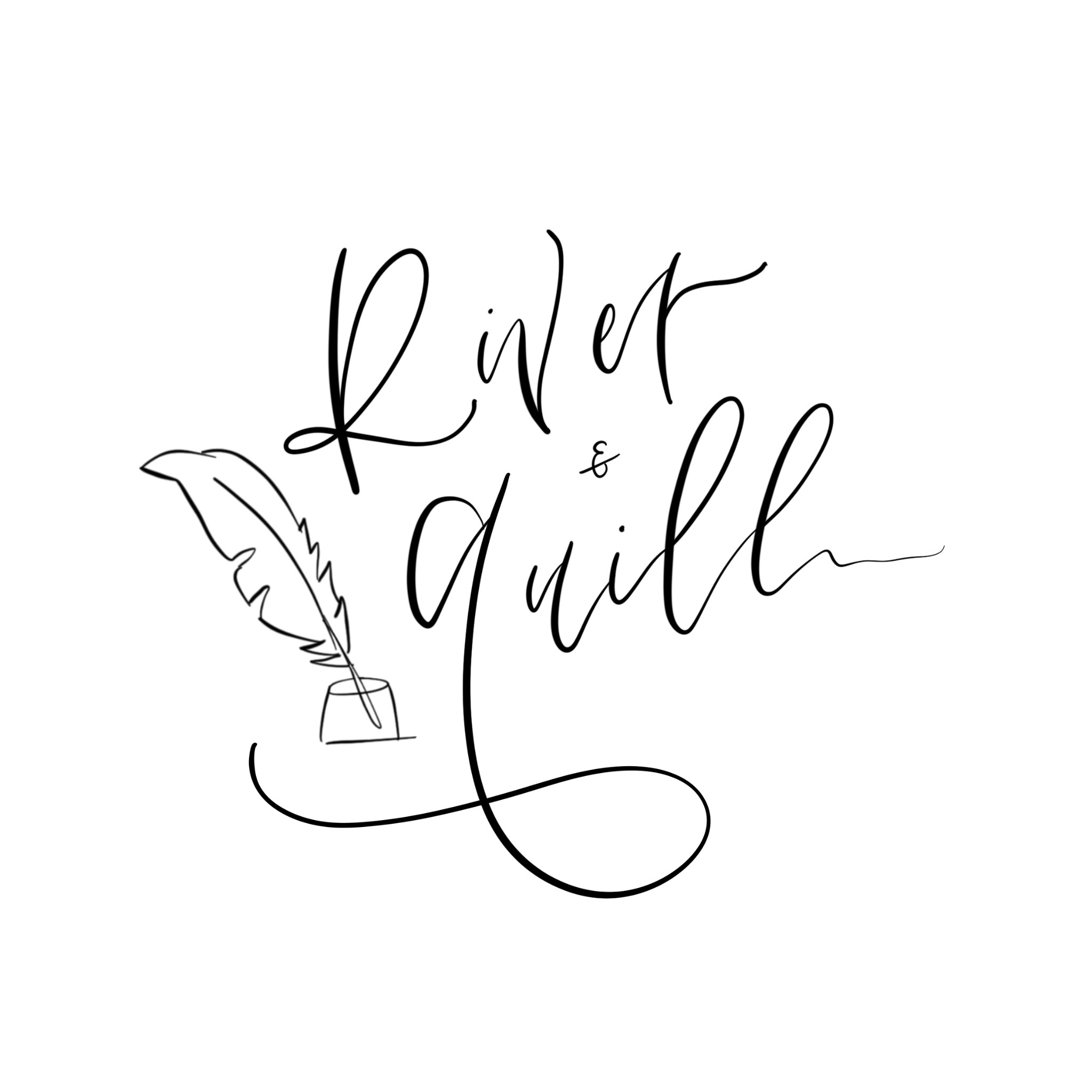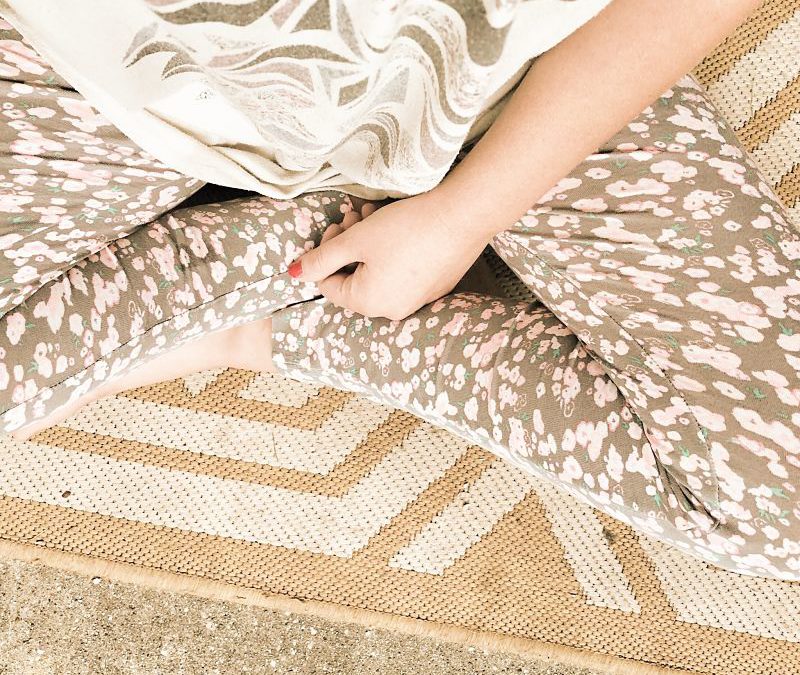I want to talk about the word “oasis” today, and not the band you made out to with your girlfriend/boyfriend in the ’90’s (even though I love Oasis and Wonderwall will always make me spontaneously break out into a passionate sing-along).1
The kind of oasis I want to talk about today is the little pool of water you find in the middle of the desert. Will someone please take me to a literal oasis one day? I’m not sure anything would make me happier than happening upon an actual oasis.
I write ad nauseam about finding the thing inside that makes you tick and come alive and how one must do this. I believe this can be an oasis, yes, but I am talking here about something else.
I’m talking rest, stillness, and restoration.
Oasis is also defined using the word fertile.2 We often think of baby making when the word fertile is brought up, but when it comes to vegetation, it just means “being able to produce crops”.
So, desert: zero growth, thirsty, eventually die. Oasis: growth potential, thirst quenched, life begins. We’ll come back to this.
We all know stress is bad, but do you know how bad? If you’re like me, you may have the tendency to read the following and get even more stressed. Hang in there, buddy. I’m only telling you this to help you, and I promise I will give you some strategies to reverse the effects.
Stress can be bad, because it can lead to many diseases, including heart disease and brain disease.3 But what is it? Why does it hurt us?
Stress is essentially the body responding to a threat.4
While I have not retained everything from graduate school, this is one concept that stuck with me, yet I didn’t apply it to my own situation until I read a book by Dr. Lissa Rankin titled Mind Over Medicine.5 If you haven’t read it and you have a chronic illness, or find the Mind Body Connection as fascinating as I do, I highly recommend reading it.
Anyway, what Dr. Rankin remind me of was how we respond when we are presented with a stressor. We go into what psychologists call “fight or flight” mode.
It can be traced back to when we were writing on cave walls and a saber tooth tiger came along. Our cave men ancestors were equipped, physiologically, to do these things: fight or flee. The mind tells the body to respond and in so doing our pupils dilate, our blood vessels constrict, our heart speeds up, our lungs take in more oxygen, and our digestive system slows down. Why?
Well, my friends, it is the sympathetic nervous system kicking in to allow us to hightail it out of there or round house kick that tiger. You can think of it like an “on-switch”.
Pupils dilating let in more light, more oxygen means more running, etc. etc. Here’s the important part: after the threat ceases, our bodies also have an off switch. It’s called the parasympathetic nervous system, and it brings all of those physiological changes back into balance.
What Dr. Rankin wrote, which completely retrained how I was handling the healing process, was our bodies cannot heal until the parasympathetic system takes over.
Do you see how this could be pretty huge when it comes to chronic illness? Or even prevention of disease in general? Stress elevates hormones that keep us from healing!
If we never settle into rest, and let our bodies and souls calm down, then healing becomes rather impossible.
Yet, this is extremely difficult when one has been given a diagnosis. We were just told our lives would be different…forever. This is a stress that is hard to walk away from. Additionally, literal rest and sleep can be difficult when you are experiencing chronic pain.
Sometimes I don’t think it’s possible to ignore the stress in front of us. If you have anxiety, as I do, the thoughts just happen. You don’t ask for them.
They are just suddenly there, telling you you are probably going to die, or maybe you have another disease, or maybe this will never get better, or [insert any irrational, terrible thought here]. It’s not keeping the thoughts away that has helped me. It’s what I do with them.
I couldn’t get rid of the pain. I couldn’t stop the thoughts. So, I did what you do when anything is out of balance: I brought in as much stress reduction as I could. That meant, naps on demand, reading books for pleasure, meditation, and deep breathing.
I am learning so much more these days on mindfullness, meditation, contemplative prayer, yoga, deep breathing, etc. I didn’t know that any of these things were what I was doing two years ago. I just knew I felt centered when I sat in the sun and breathed.
I am going to come back at you next time with an exhaustive list of tips for helping bring your body back to the off-switch, but in the mean time, I urge you to consider the stressors.
What are they? Call them out. Write them down. Sometimes these stressors are good, because they force us to do something we need to do.
Stressed because you need to pay the mortgage? Probably a good thing because your house will be taken away if you don’t do something about it. However, more often than not, particularly in chronic illness, stress es no bueno. Stressed because you’re worried you may never heal?
This is not productive.
So, keep a journal with you, or your phone, and every time you think a negative/stress inducing thought: write it down.
Then, at the end of the day, look through them and cross out the ones that have no defense. The ones that are not backed by anything valid.
There will be some valid fears. Chronic illness is no joke, and pain is REAL. Your list is going to still be substantial, but this doesn’t mean all fears will unfold as truth. Maybe they are now, but this can change.
Next, believe. Believe you can heal. Believe the anxiety can get better.
Then, be present. Take in the beauty even as you sit in pain. Next week we are going to be specific about tactics that help counter balance the stress. For now, just take attendance of the stressors and start believing.
Let’s find that oasis, my friends.
And in the immortal words of Noel Gallagher:
“And all the roads we have to walk are winding
And all the lights that lead us there are blinding”
You will now have this in your head all weekend. You’re welcome.
Be sure to subscribe if you want to catch the rest of this series (sent straight to your inbox).
Now I have some questions for all of you:
What is stressing you out right now? How do you find rest? Do you have an oasis?
Comment Below!
1 Wonderwall [CD]. (1995). Epic.
2 Oasis. (n.d.). Retrieved June 5, 2018, from https://www.merriam-webster.com/dictionary/oasis
3 deKoet, E.R., Joel, M., & Holsboer, F. (2005). Stress and the brain from adaptation to disease. Nature Reviews Neuroscience, 6, 463-475.
4 What Is Stress? (n.d.). Retrieved from http://www.stress.org.uk/what-is-stress/
5 Rankin, L. (2013). Mind over medicine. Hay House, Inc.


0 Comments
Trackbacks/Pingbacks